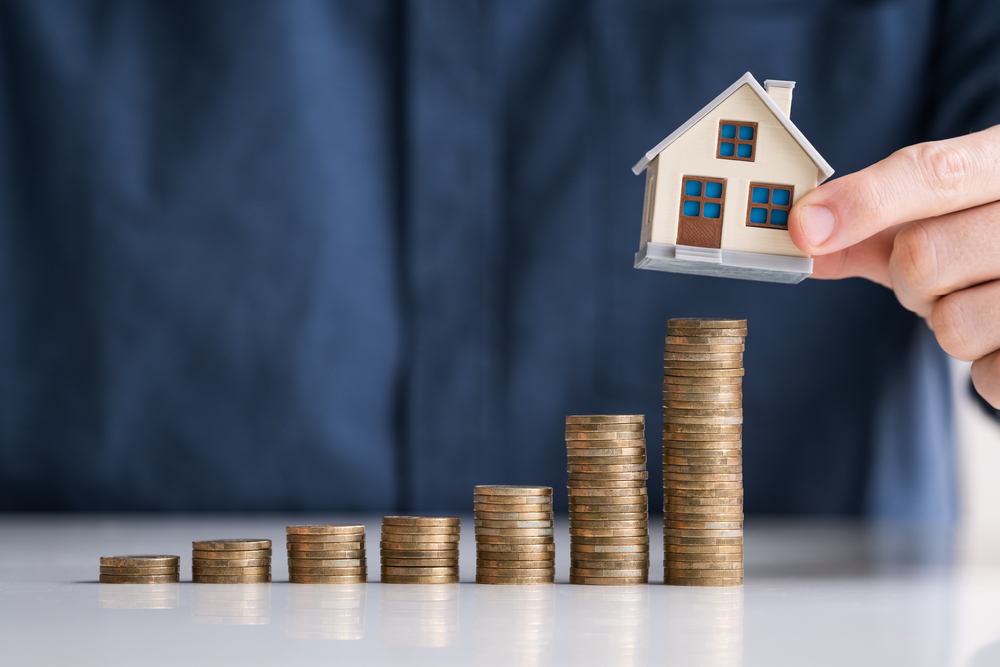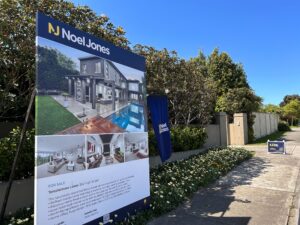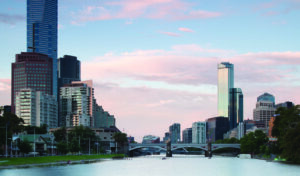Purchasing property is likely to be the most sizeable investment families will make in their lifetime. As average property prices climb higher, the need for a robust loan often becomes more apparent, but a deposit will still be required to help you get a foot in the door.
But how much savings do you need to buy a house? And are there any solutions you can fall back on if you don’t meet the minimum deposit on a house?
As this is a significant financial hurdle you’ll likely face, this comprehensive guide from our team at Noel Jones will explain why lenders require a deposit, how much you need for a house deposit, and other factors to consider when buying your first or even second home in Australia.
Why Do Banks & Lenders Require a House Deposit?
When you’re eager to enter the property market, it can be frustrating when the organisation giving you a home loan ask for a seemingly arbitrary amount before they do.
In reality, a house deposit will serve as a financial assurance to banks and lenders that you are committed to repaying your mortgage. No one wants to take on a loan arrangement likely to default, so a minimum deposit on a house is an upfront payment that reduces the lender’s risk, demonstrating your ability to save and manage money responsibly. Moreover, the larger the deposit, the lower the amount you need to borrow, and the lower the interest you’ll pay over the life of the loan.
How Much Do You Need for a House Deposit?
So, let’s answer the question every is asking: “how much do you need for a house deposit?” Unfortunately, it doesn’t have a one-size-fits-all answer. In Australia, most lenders require a minimum deposit of 20% of the property’s purchase price. However, keep in mind that a deposit of less than 20% may require you to pay Lenders Mortgage Insurance (LMI).
When buying your first home, aim to save at least 20% of the property’s value for a house deposit. For example, if you are buying your first home for $500,000, the minimum deposit will be $100,000. This will help you avoid lenders mortgage insurance (discussed in more detail below) and demonstrate your financial responsibility to the lender, increasing your chances of loan approval.
Can You Still Purchase a Property If You Can’t Meet the Minimum Deposit on a House?
If you’re struggling to meet the minimum deposit on a house, there are alternative options to help you get on the property ladder.
Understanding Lenders Mortgage Insurance (LMI)
Lenders Mortgage Insurance (LMI) is an insurance policy protecting the lender if you default on your mortgage repayments. It’s generally required when your deposit is less than 20% of the property’s value. While LMI adds an extra cost to your home loan, ultimately increasing your total expense over the long term, it can help you enter the property market sooner by allowing you to borrow with a smaller deposit.
Consider Using a Guarantor
Another option to consider when you can’t meet the minimum deposit on a house is using a guarantor.
How Does a Guarantor Work?
A guarantor is someone, typically a family member, who offers to ‘guarantee’ your home loan by using their property as security. This means they’re liable for repaying your loan if you default on your mortgage repayments. By using a guarantor, you may be able to borrow up to 100% of the property’s value without a deposit or avoid paying LMI.
It’s essential to discuss the implications and responsibilities with your potential guarantor before proceeding, as this is a significant financial commitment for both parties.
How Much Savings Do You Need When Buying a Second Home?
When buying a second home, lenders will still require at least 20% of the purchase price. What you might encounter, however, is a selection of more stringent lending requirements and interest rates. Banks and credit lenders will consider the risks associated with second properties somewhat higher, especially if you plan to use the property for investment purposes or as a holiday home.
What are the Other Costs Associated with Buying a Home?
In addition to saving for a house deposit, there are other costs to consider when buying a property that will add to the total outlay. These include:
1 – Stamp duty: A state-based tax on property transactions depending on the property’s value and location, as well as your eligibility for any concessions or exemptions (such as being a first-time homebuyer).
2 – Legal and conveyancing fees: These cover the costs of engaging a solicitor or conveyancer to manage the legal aspects of your property purchase, including preparing and reviewing contracts.
3 – Building and pest inspections: Interested buyers should always enlist a professional to conduct thorough building and pest inspections to identify potential issues affecting the property’s value or safety.
4 – Loan application fees: Some lenders charge a one-time fee for processing your home loan application.
5 – Mortgage registration and transfer fees: These government fees are associated with registering and transferring the property title into your name.
6 – Lenders Mortgage Insurance (LMI): As mentioned earlier, if your deposit is less than 20% of the property’s value, you may need to pay LMI.
7 – Moving costs: Don’t forget to budget for moving costs, including hiring a removalist or renting a truck, as well as any temporary accommodation expenses.
Speak with the Experts at Noel Jones for Help in Finding the Perfect Property in Melbourne’s East
Whether you’re looking at buying your first home or a viable investment property, our specialists at Noel Jones can assist with your search in Melbourne’s eastern suburbs. Contact an office near you today for more information.





